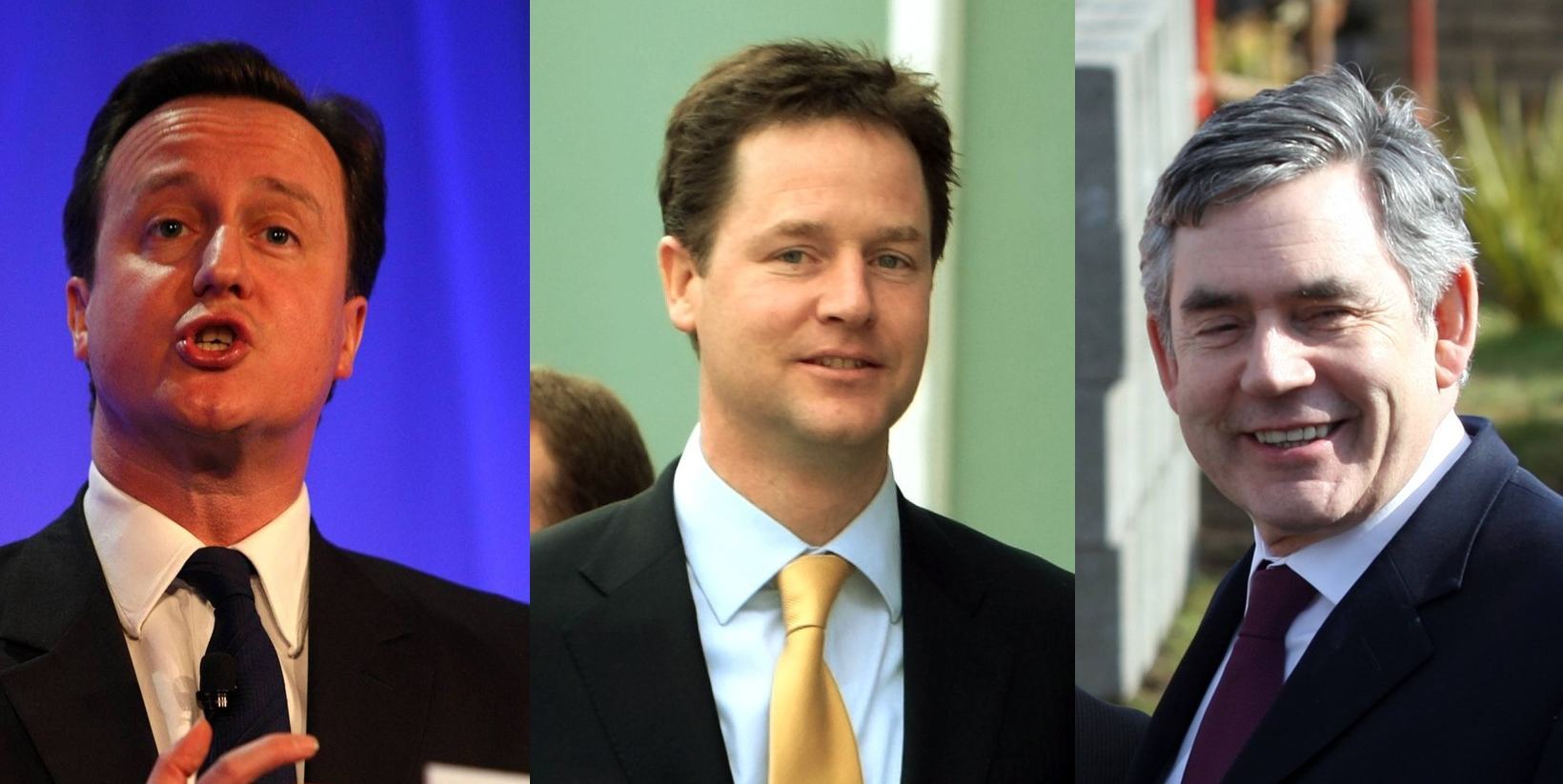After a night of counting and with seats still to declare it was clear by lunchtime that the people of Britain have elected a hung parliament with the Tories as the largest party.
At midday the Tories had won 272 seats, Labour 251, the Lib Dems 52, the SNP 6, and others 21.
In Scotland the situation was completely different, with Labour emerging as the clear winners.
In fact no seats had changed hands from the 2005 General Election result, although Labour won back two seats in Glasgow and one in Dunfermline and West Fife lost in by-elections.
With the election in the balance and the picture anything but clear, momentum is with Tory leader David Cameron.
His hopes of walking into 10 Downing Street received a major boost when Lib Dem leader Nick Clegg conceded that he has “first right” to seek to form a government in Britain’s first hung Parliament since 1974.
Mr Clegg said, “I have said that whichever party gets the most votes and the most seats has the first right to seek to govern, either on its own or by reaching out to other parties and I stick to that view.
“I think it is now for the Conservative Party to prove that it is capable of seeking to govern in the national interest.”
The Conservative leader is giving his initial public response in a statement this afternoon and, although the Tories do not have the numbers to secure an overall majority, he may try to govern as a minority with support from the unionists in Northern Ireland.
It is thought unlikely that he would seek a formal alliance or coalition with the Liberal Democrats, whose price for co-operation is likely to be electoral reform.
Amid the uncertainty, Gordon Brown remains Prime Minister and constitutionally has the right to make the first move.
Senior Labour ministers including Lord Mandelson have made it clear that Labour would give the Lib Dems the voting reform they want in exchange for their support.
Once the final outcome of the election is known there is likely to be an intense period of backroom discussion and horse trading.
Mr Brown asked the head of the civil service, Cabinet Secretary Sir Gus O’Donnell, to provide official support for discussions between the parties.
But the Kirkcaldy and Cowdenbeath MP made it clear he has no intention of resigning immediately.
He said he has a “a duty as Prime Minister to take all steps to ensure Britain has a strong, stable and principled government.”
For his part, Mr Cameron said Labour had “lost its mandate to govern our country”.
The markets reacted badly to the political uncertainty.
The pound tumbled against the dollar and euro and the FTSE 100 index fell to a three-year low as the markets took fright at the prospect of a hung Parliament.
